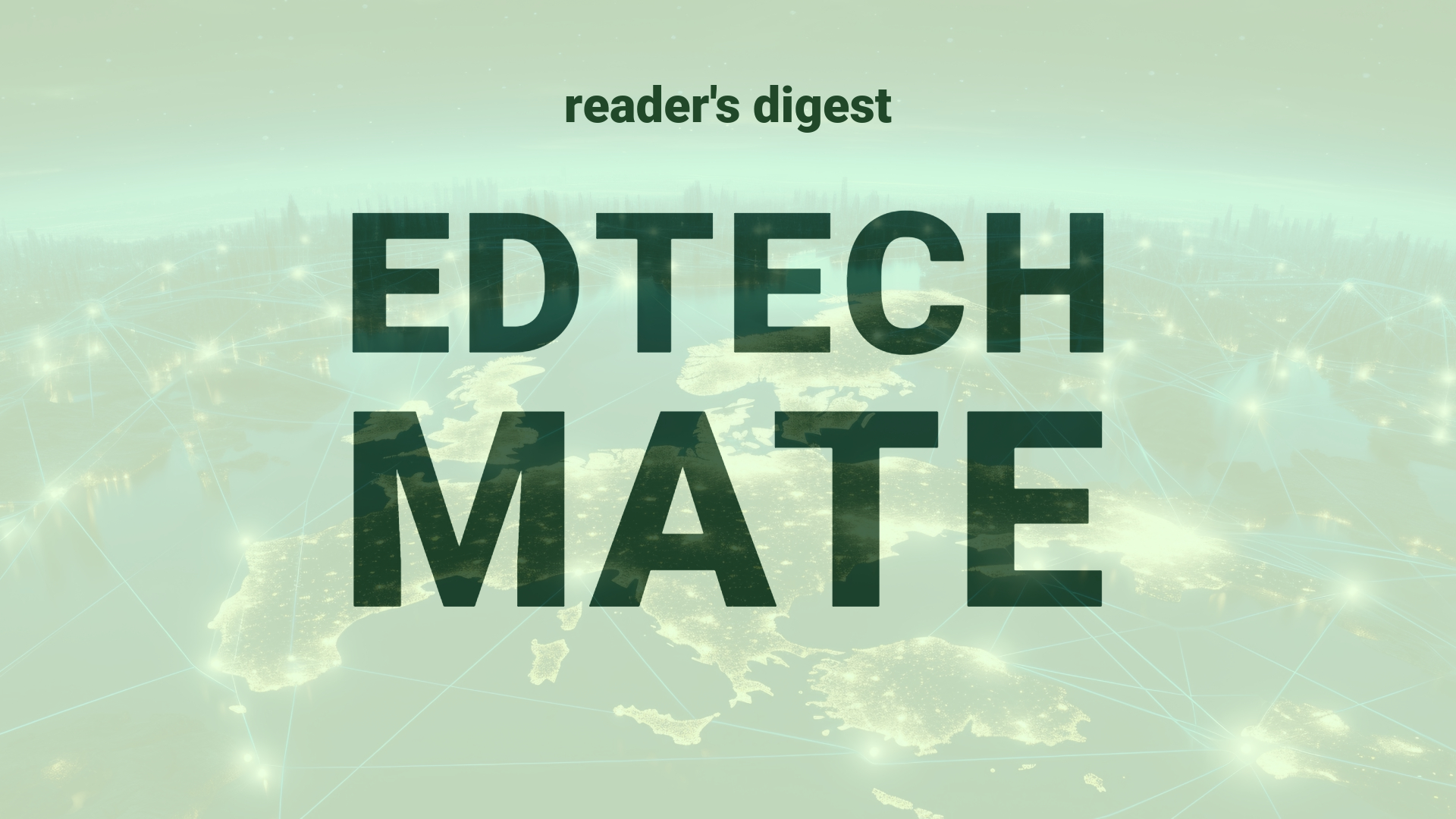Executive Summary and Main Points
The rise of artificial intelligence (AI) in IT governance is gaining momentum with proactive strategies and lessons learned, as illustrated by companies like Planview and educational institutions such as Florida State University (FSU). Sector leaders are recognizing the importance of having AI governance frameworks to ensure internal and product improvement processes are controlled and effective. Key innovations include the deployment of generative AI to enhance productivity and decision-making. Embracing existing frameworks, delineating internal innovation versus collaborative efforts, safeguarding intellectual property and data along the value chain, and starting AI governance initiatives early are among the primary trends driving the sector’s digital transformation.
Potential Impact in the Education Sector
The developments in AI governance have significant implications for Further Education, Higher Education, and Micro-credentials. Entities like FSU demonstrate that aligning AI initiatives with strategic goals leads to an inclusive dialogue on investment priorities. Educational institutions may leverage generative AI for research and curriculum delivery while ensuring ethical use. Tapping into AI can also accelerate the personalization of learning experiences, supporting micro-credentials and lifelong learning. This necessitates strategic partnerships between technology providers and educational organizations to foster digitalization while adhering to governance and ethical standards.
Potential Applicability in the Education Sector
Innovative AI applications in the education sector could include intelligent tutoring systems, adaptive learning platforms, and AI-powered research tools. Educational organizations can utilize proactive governance frameworks to capitalize on AI for enhancing strategic planning, like Florida State University’s integration into various curricula, to prepare students for an AI-driven workforce. Wall Street English’s approach to embedding AI in language learning programs illustrates personalized education’s potential, offering a model for global education systems to adopt and adapt. Furthermore, AI can streamline administrative processes and facilitate global collaborations.
Criticism and Potential Shortfalls
A critical point of analysis lies in ensuring AI governance policies are robust enough to protect against data breaches, misuse, and ethical violations. Even as Planview and Wall Street English set governance structures, the complexity of AI’s implications requires continuous adaptation. Cultural and ethical considerations must be at the forefront, as missteps here can lead to breaches of trust and integrity. Comparative international case studies show that differing legal and cultural contexts necessitate flexible yet firm AI governance frameworks to navigate this multifaceted landscape successfully.
Actionable Recommendations
International education leadership should begin by establishing or refining AI governance policies, taking cues from proactive entities in the sector. Engaging in risk-benefit analyses concerning AI’s use in higher education, setting clear policies on data protection, and upholding ethical standards are essential. Institutions should consider incorporating AI literacy into their curricula and fostering strategic partnerships with AI firms that align with their governance values. Continuous learning and openness to adapting AI governance in line with evolving technologies and cultural contexts are paramount for successful integration into global higher education systems.
Source article: https://www.cio.com/article/2513692/cuatro-lecciones-esenciales-sobre-la-gobernanza-de-la-ia.html

